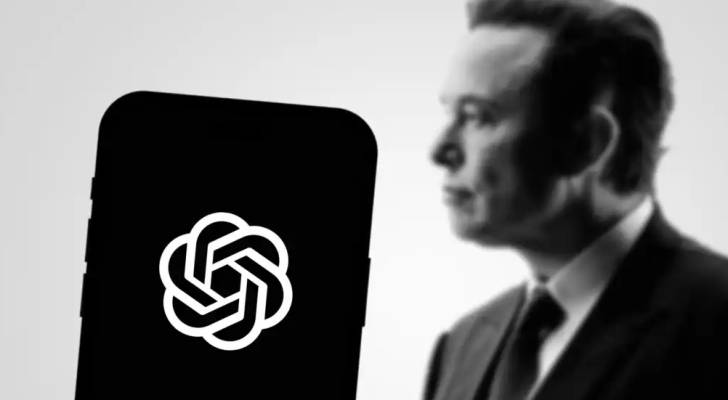OpenAI logo and Elon Musk (Credit: Shutterstock)
OpenAI sues Elon Musk for "bad-faith tactics"
In a dramatic escalation of the ongoing legal clash between OpenAI and its co-founder Elon Musk, the artificial intelligence powerhouse has filed a countersuit accusing the billionaire entrepreneur of deliberately attempting to undermine its progress for personal gain.
The lawsuit, filed Wednesday, alleges Musk has been using "nonstop" efforts to slow the company down, describing his behavior as self-serving and obstructive. The move comes in response to Musk’s own legal action against OpenAI CEO Sam Altman, which he launched last year in a bid to halt the organization’s transition from a non-profit to a for-profit entity.
“Elon’s nonstop actions against us are just bad-faith tactics to slow down OpenAI and seize control of the leading AI innovations for his personal benefit,” the company said in a statement. “Today, we countersued to stop him.”
The countersuit marks the latest chapter in a high-stakes feud between two influential figures in the tech world. Musk, who co-founded OpenAI in 2015 but walked away from the company in 2018, has argued that it has abandoned its founding mission to develop AI that serves humanity, a claim OpenAI firmly rejects.
According to the company, Musk has “been spreading false information about us,” and added in a post on X, “Elon’s never been about the mission. He’s always been about his own agenda.”
OpenAI’s countersuit also underscores concerns about Musk’s own AI ambitions. His AI startup, xAI, has emerged as a rival to OpenAI but has yet to catch up in terms of influence or innovation. In a move that raised eyebrows across the industry, xAI recently absorbed Musk’s social media platform X, forming a conglomerate known as XAI Holdings, which Musk claims is now valued at more than USD 100 billion.
Back in February, Musk made an unexpected offer to buy OpenAI for USD 97.4 billion — an offer that Altman rejected with a jab, replying, “no thank you but we will buy twitter for USD 9.74 billion if you want.”
Legal proceedings in Musk’s original lawsuit are now set to head to trial in March 2026, according to a ruling by US District Judge Yvonne Gonzalez Rogers in Oakland, California. She previously denied Musk’s request for an injunction to pause OpenAI’s structural transition and noted he would likely be called to testify during the proceedings.
Observers say the courtroom showdown reflects a broader struggle for control in the AI sector, with questions about ethics, power, and profit hanging in the balance.
“This is about control. This is about revenue. It’s basically about one person saying, ‘I want control of that startup,’” said Ari Lightman, a professor of digital media and marketing at Carnegie Mellon University. “That takes a backseat with all this rigmarole over control and monetization.”




